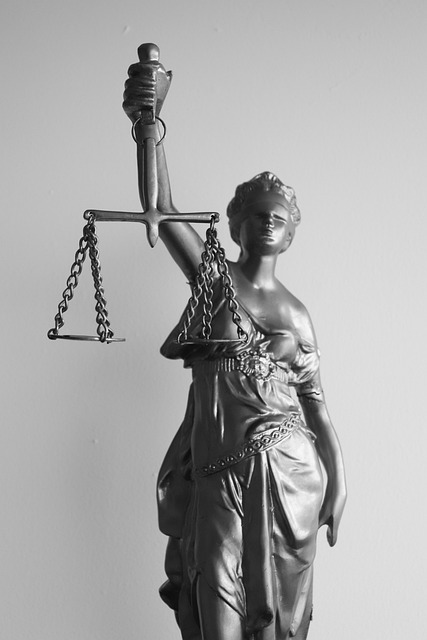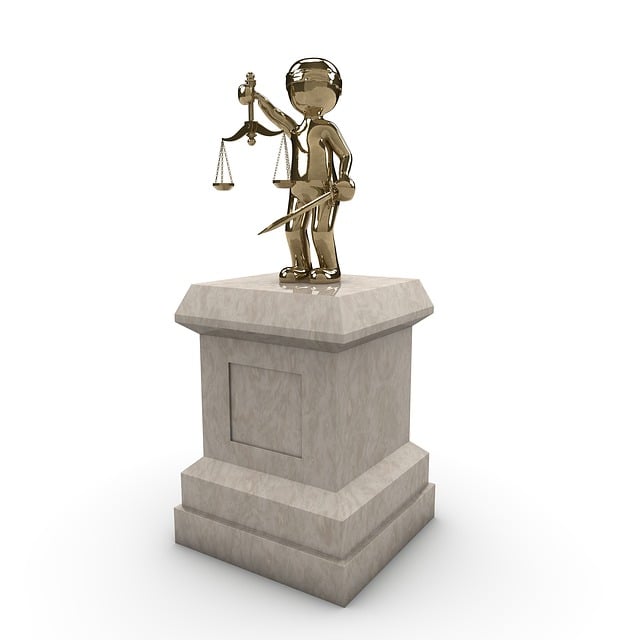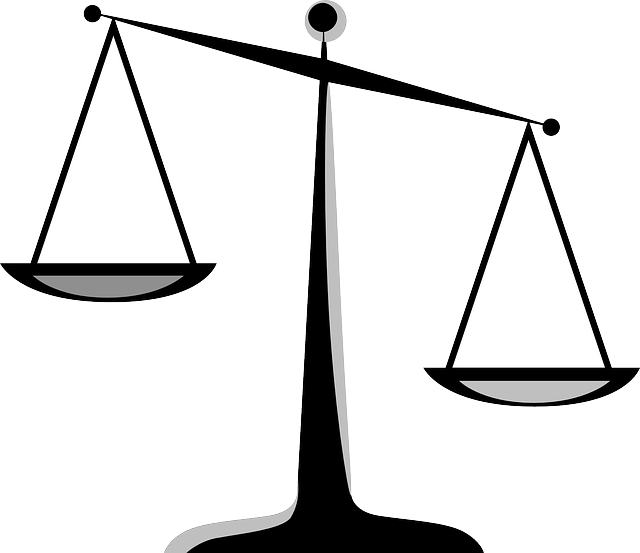The criminal procedure timeline begins with pre-arrest investigation, where evidence is gathered, through booking, prosecution strategy, trial arguments, and sentencing. This meticulous process, emphasizing fairness and integrity, ensures justice in high-stakes cases. Key stages include documentation, witness interviews, legal strategies, cross-examination, and appeals, all aimed at reaching a fair outcome from arrest to trial, with sentencing considering severity, history, and mitigating factors while addressing public perception of justice.
“Uncovering financial crimes requires a meticulous dance through a complex criminal procedure timeline from arrest to trial. This article delves into the critical stages of finance crime probes, providing an in-depth look at pre-arrest investigation techniques for gathering evidence and identifying leads. We explore the legal procedures during arrest and booking, followed by prosecution preparation strategies. The trial phase is dissected, highlighting argument presentation and witness examination. Sentencing and post-trial proceedings are also covered, offering insights into appeal processes and implications.”
- Pre-Arrest Investigation: Gathering Evidence and Identifying Leads
- Arrest and Booking: Legal Procedures and Initial Steps in Criminal Justice
- Prosecution Preparation: Building a Strong Case for Trial
- Trial Phase: Presenting Arguments, Examining Witnesses, and Deliberation
- Sentencing and Post-Trial Proceedings: Implications and Appeal Processes
Pre-Arrest Investigation: Gathering Evidence and Identifying Leads

The pre-arrest investigation phase is a critical step in the criminal procedure timeline from arrest to trial. During this stage, law enforcement agencies and prosecutors meticulously gather evidence and identify leads to build a strong case against the suspected criminal. This involves reviewing existing data, conducting interviews with witnesses, and analysing financial records, among other techniques. The goal is to collect irrefutable proof that aligns with the alleged crimes, ensuring a solid foundation for the upcoming legal proceedings.
In high-stakes cases where substantial financial gains or losses are involved, this initial phase becomes even more crucial. By thoroughly examining all stages of the investigative and enforcement process, investigators aim to uncover subtle connections and present compelling evidence to win challenging defense verdicts. This meticulous approach is essential to securing justice and demonstrating the integrity of the investigation to the court.
Arrest and Booking: Legal Procedures and Initial Steps in Criminal Justice
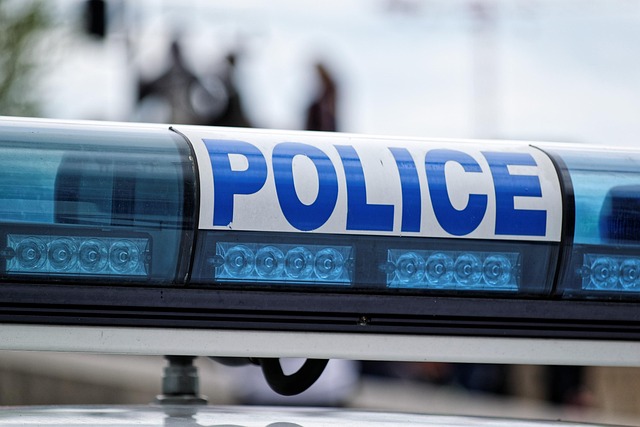
The initial steps in criminal justice following an arrest are crucial, marking a pivotal point in the criminal procedure timeline from arrest to trial. This process begins with the booking phase, where law enforcement officials officially take into custody and process the arrested individual. During this stage, essential legal procedures are followed, including reading the rights of the accused, taking biometric data, and creating a detailed record of the case. The booking process ensures that all necessary information is documented, providing a comprehensive overview for the court system and facilitating efficient navigation through all stages of the investigative and enforcement process.
These initial actions set in motion the legal machinery, triggering a series of events that will lead to trial. The respect for due process and adherence to legal protocols during booking are vital, as they protect both the rights of the accused and ensure fairness within the criminal justice system, fostering trust among the philanthropic and political communities.
Prosecution Preparation: Building a Strong Case for Trial

After a suspect is arrested, the focus shifts to prosecution preparation. This crucial phase involves meticulously building a case that can withstand the rigors of a trial, following a structured criminal procedure timeline from arrest to trial. Prosecutors gather and organize evidence, interview witnesses, and formulate legal strategies to ensure they have a strong foundation for their arguments.
A key aspect of this process is understanding the specific charges against the accused and tailoring the case accordingly. Whether dealing with general criminal defense or complex white collar defense, the goal is to assemble a compelling narrative that showcases the evidence in the best light for his clients. This meticulous preparation is vital to achieving a favorable outcome at trial.
Trial Phase: Presenting Arguments, Examining Witnesses, and Deliberation
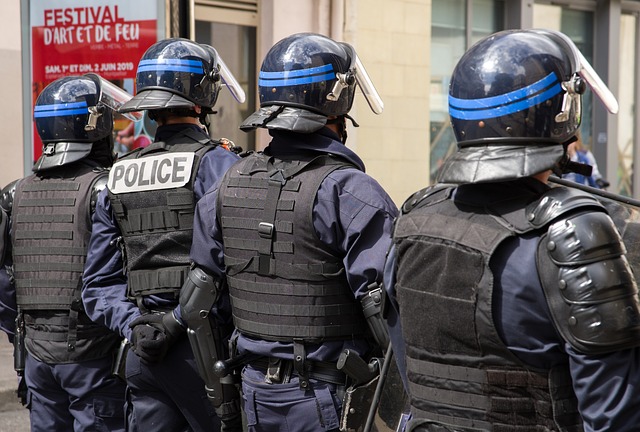
The trial phase marks a pivotal moment in the criminal procedure timeline from arrest to trial. During this stage, both the prosecution and defense present their arguments, meticulously examining witnesses and gathering evidence. The process involves rigorous cross-examination, where attorneys delve into the details of the case, aiming to uncover weaknesses in the opposition’s argument. This back-and-forth exchange is crucial for building a compelling narrative.
Judges facilitate this phase by ensuring fair practices, managing time, and providing guidance. After all presentations, the jury retires for deliberation, carefully considering the evidence and arguments presented during the trial. This critical process culminates in their decision, which either acquits or convicts the accused, ultimately determining the outcome of the case within the broader investigative and enforcement process.
Sentencing and Post-Trial Proceedings: Implications and Appeal Processes
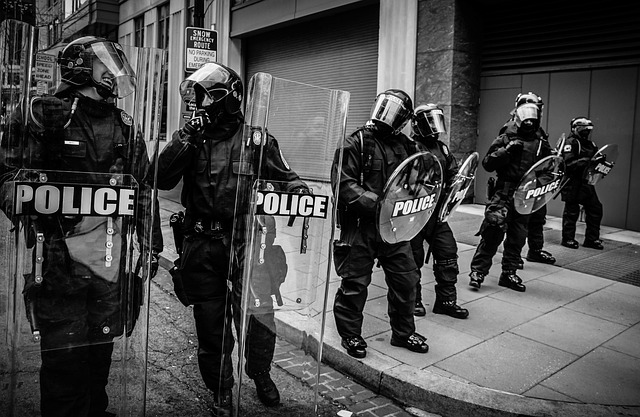
After a trial, sentencing is a critical phase in the criminal procedure timeline from arrest to trial. The judge considers the severity of the crime, the defendant’s prior record, and other mitigating or aggravating factors to determine an appropriate punishment. Sentences can range from probation and community service to imprisonment for years or even life. In high-stakes cases, especially those involving significant financial losses or public interest, the implications extend beyond the individual defendant. The philanthropic and political communities often scrutinize outcomes, ensuring justice is not only served but also perceived as such.
Post-trial proceedings include appeal processes where convicted defendants can challenge their sentences or convictions. Appeals are based on legal errors, procedural mistakes, or insufficient evidence. If successful, the case may be remanded for a new trial or the sentence modified. For his clients, this process is crucial to ensuring fairness and safeguarding against unjust outcomes. It underscores the importance of robust criminal procedure, where even the most powerful individuals are subject to the same rules and regulations that apply to everyone else.
Understanding the intricate stages of a finance crime probe, from pre-arrest investigation to post-trial proceedings, is vital for navigating criminal procedure. This comprehensive timeline highlights key steps in building and presenting cases, ensuring justice is served. By delving into each phase—from evidence gathering to sentencing and appeals—professionals can enhance their understanding of the legal process, ultimately strengthening the pursuit of financial justice.
